South Carolina has enacted one of the most restrictive public school book bans in the United States, affecting schools and libraries across the state.
The law was initiated by Ellen Weaver, the superintendent of education and an ally of the Moms for Liberty group, requiring all reading material to be considered “age or developmentally appropriate.”
Legislation’s Ambiguous Language

The law’s wording is intentionally vague, allowing for broad interpretations that could lead to significant changes in available literature within schools.
Such language could potentially result in the banning of classic literature, like “Romeo and Juliet,” from educational syllabi, as the law invites challenges due to its openness to interpretation.
Concerns from a Local Librarian

Shanna Miles, a school librarian and author from South Carolina, voiced her concerns about the restrictive nature of the new law.
She remarked, “All we’re going to have left is Lassie from here on out,” highlighting the potential for extensive censorship under the new regulations.
A Part of a Larger Trend

This new regulation in South Carolina is seen as part of a broader, national fight against books that explore themes of race, sexuality, and other potentially divisive topics.
The law stands out due to its severity compared to similar actions in other states.
Bypassing Traditional Legislative Process
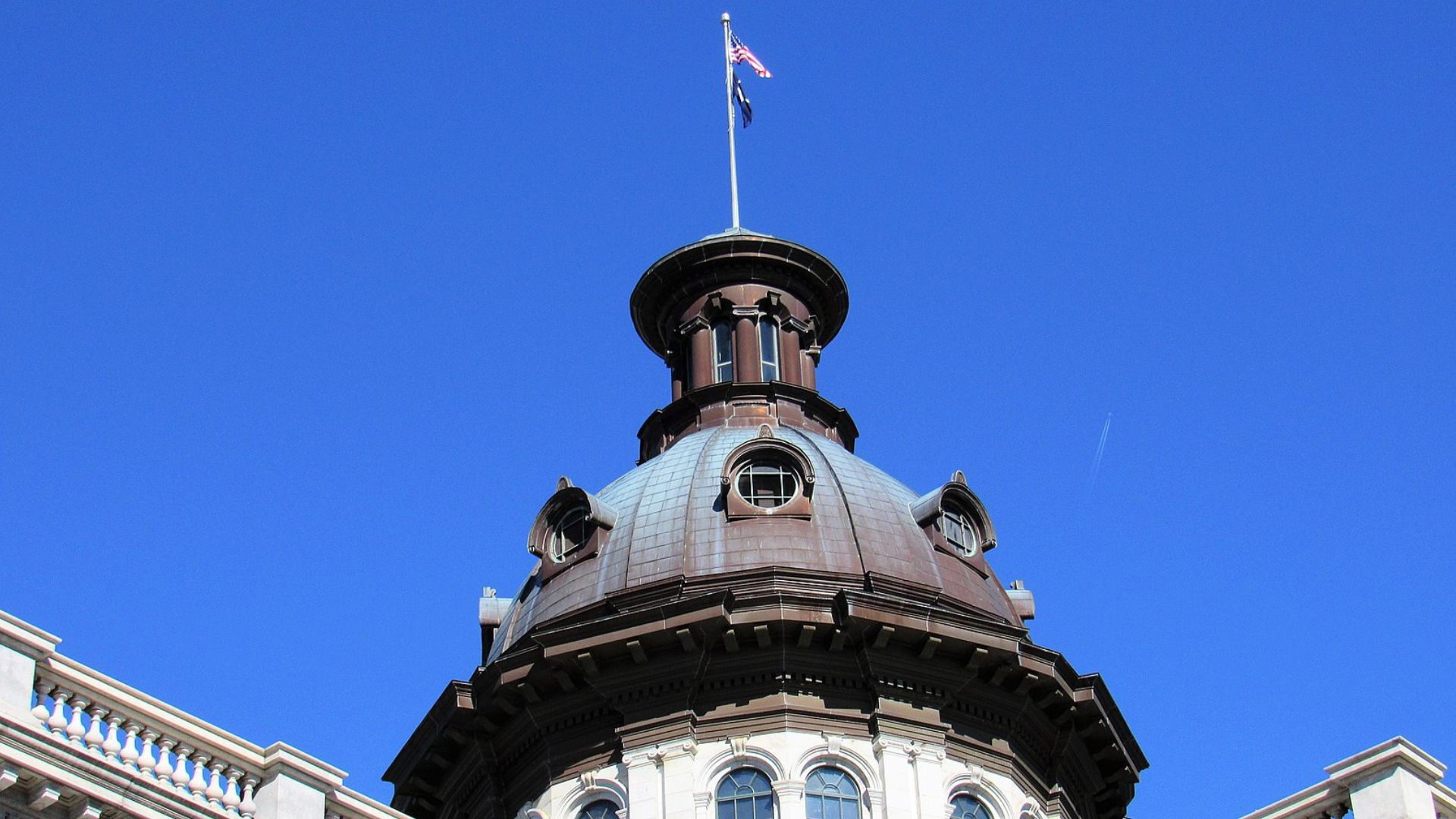
The policy was put into effect on June 25th without any debate or vote in the state senate or house, which is usually required for such legislative changes.
This unusual procedural bypass has expedited the law’s implementation.
Empowering Parents to Challenge Books
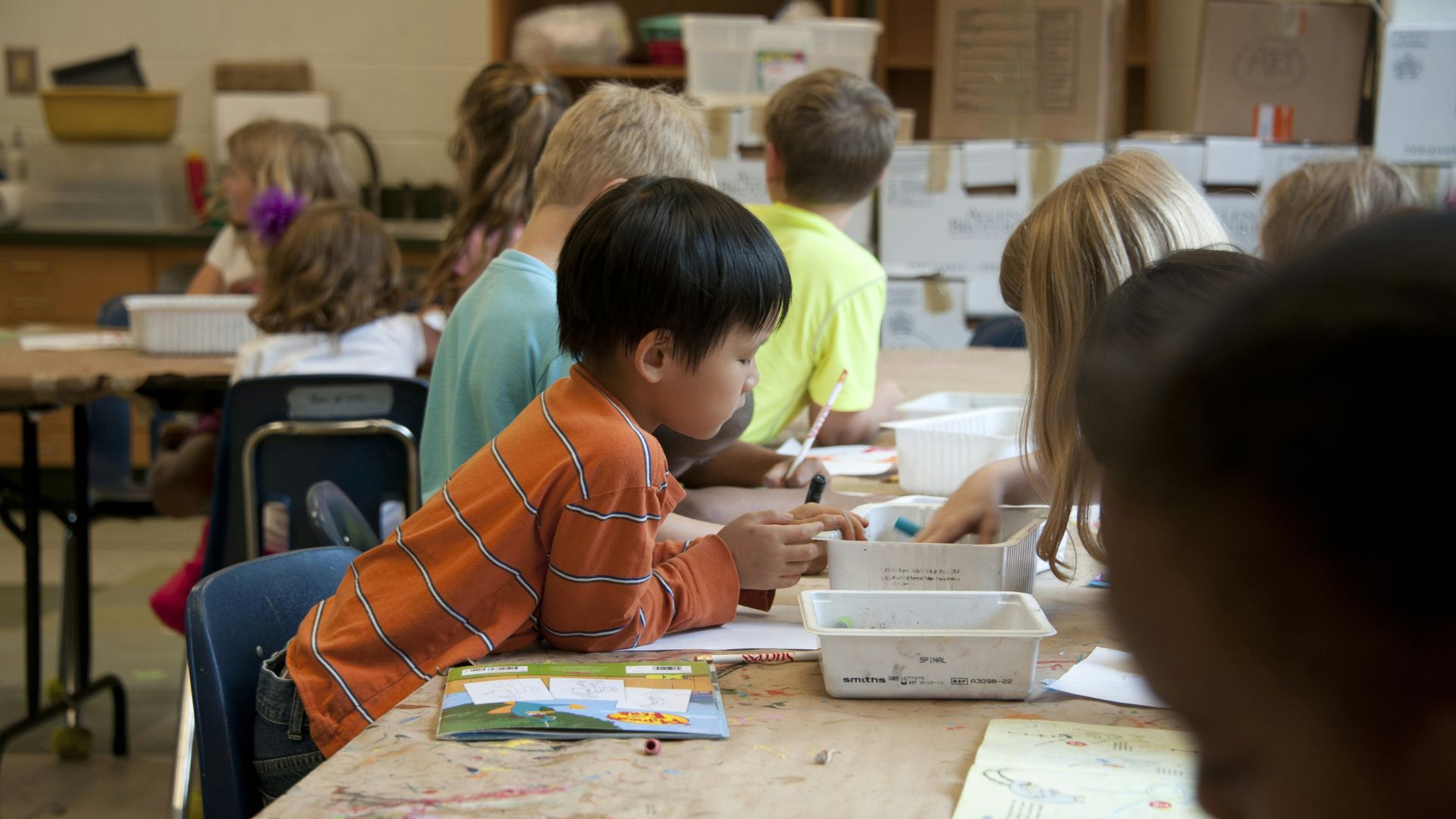
The law allows parents of students in public K-12 schools to challenge the appropriateness of up to five titles per month.
This provision gives significant control over educational content to parents, allowing them to influence which books are available in schools.
Lessons from Iowa’s Experience
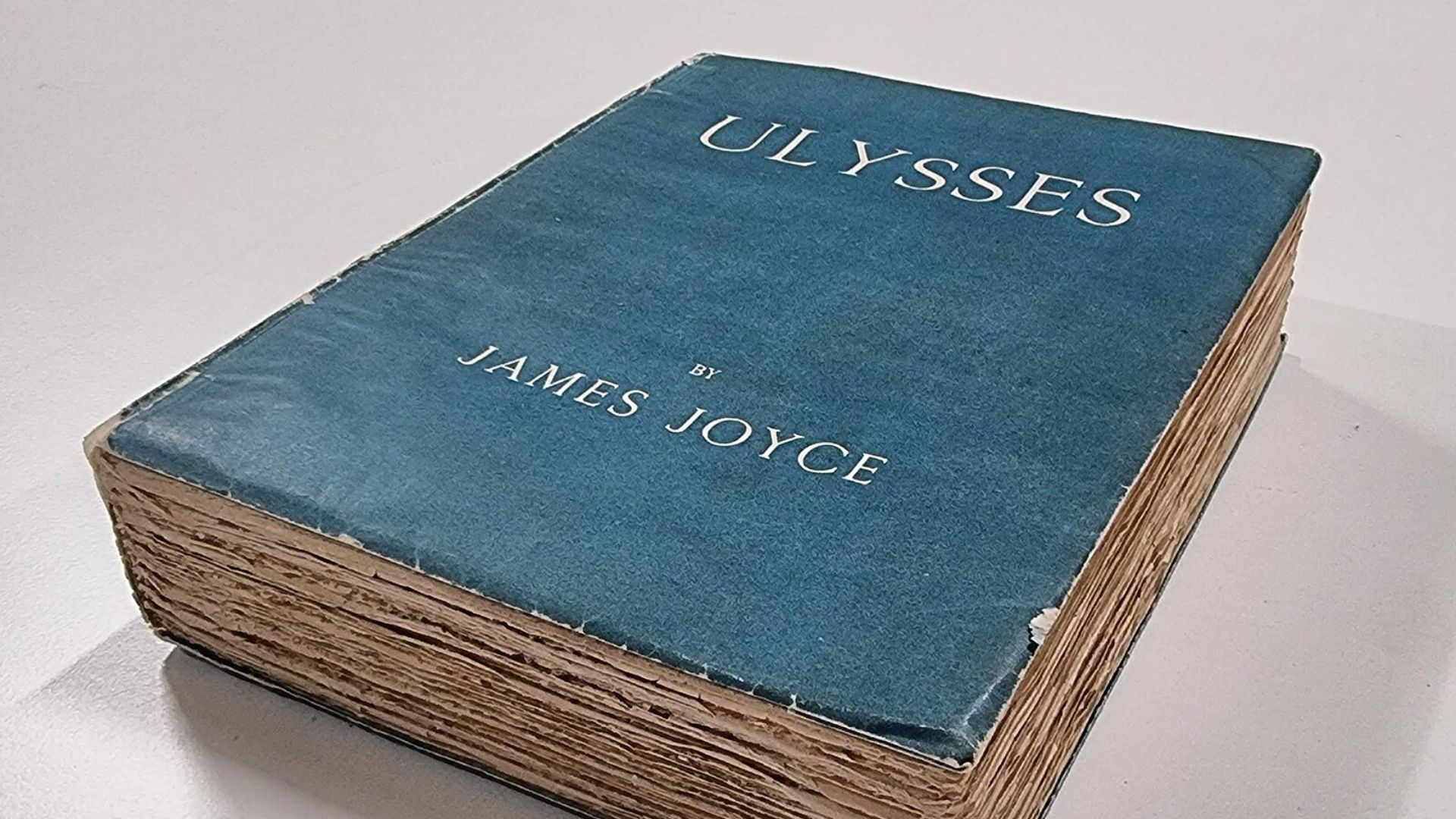
A similar law passed in Iowa in May 2023 led to a wave of book bans, including the removal of classics like “Ulysses” and “Native Son” from educational institutions.
This precedent illustrates the potential impact of South Carolina’s new law on literary education.
Civil Liberties Under Threat
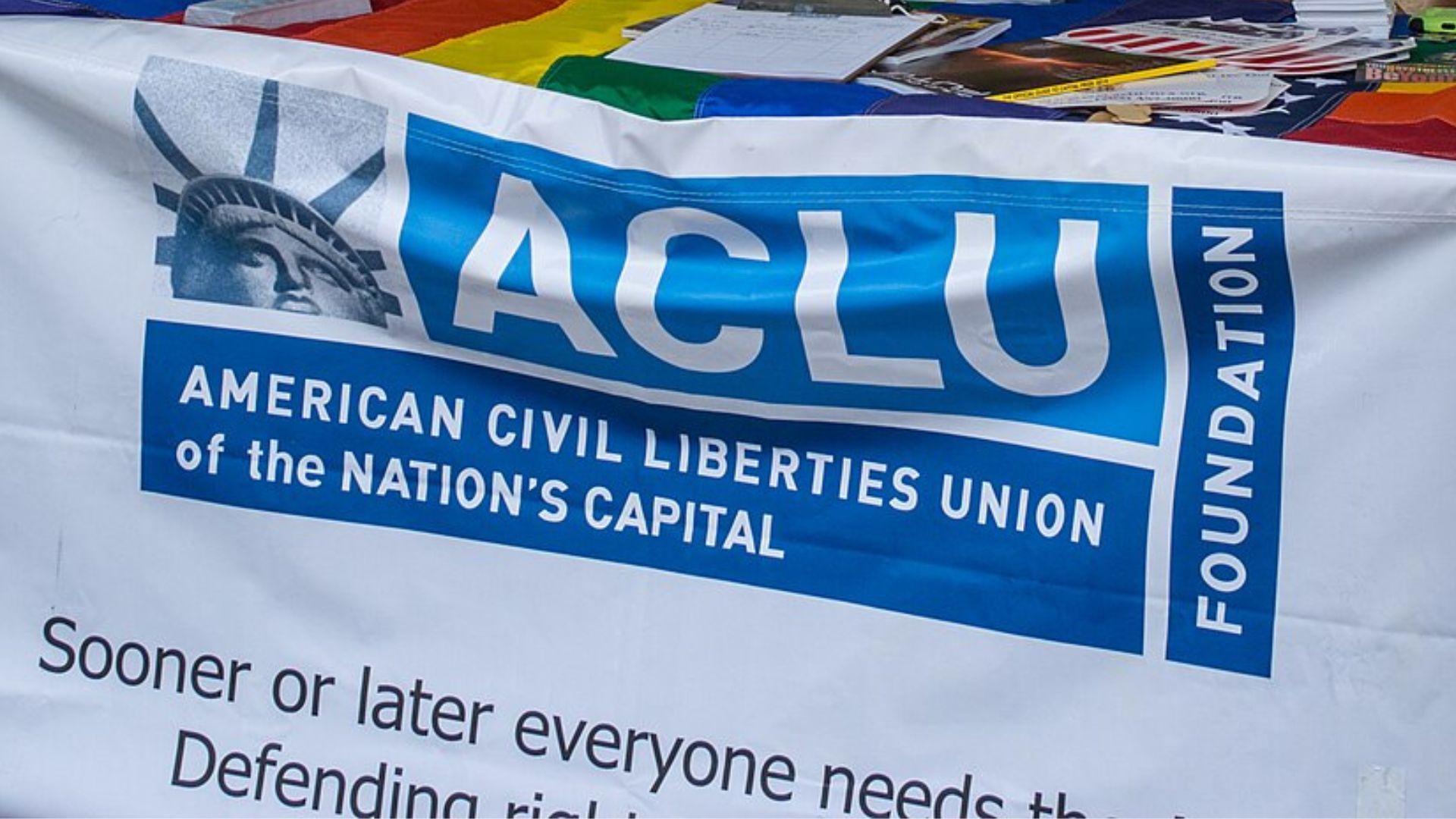
Jace Woodrum, the executive director of the American Civil Liberties Union in South Carolina, criticized the law, saying, “South Carolinians are less free today than they were yesterday.”
He described the legislation as a tool for ideological censorship.
Broad Impact on Education
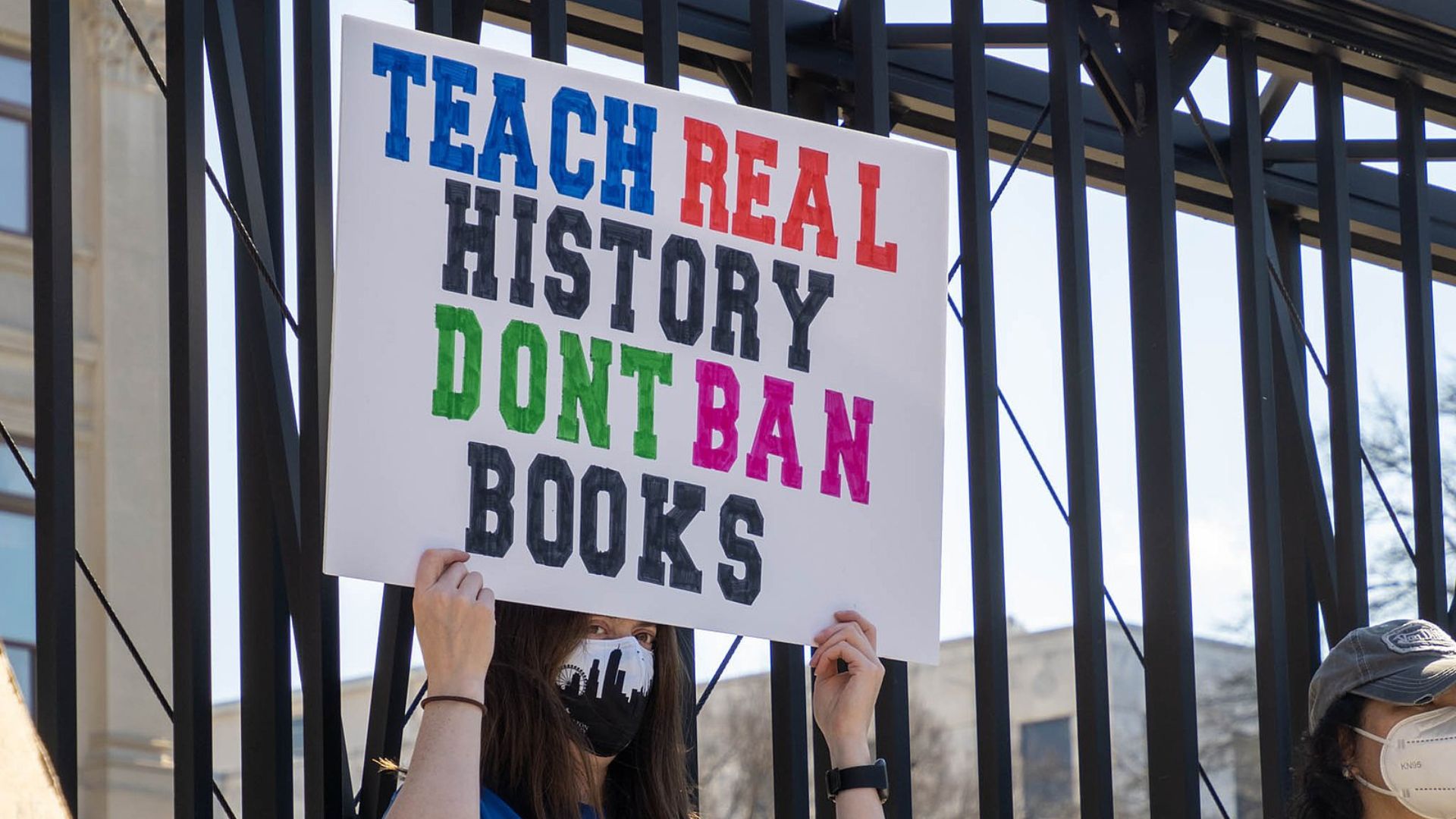
Shanna Miles, reflecting on the broader implications of the law, stated, “It’s not just queer kids, it’s not just kids of color, it’s impacting all kids.”
Her comment illustrates the extensive reach of the new regulations on all students’ educational experiences.
Fears of Indirect Censorship
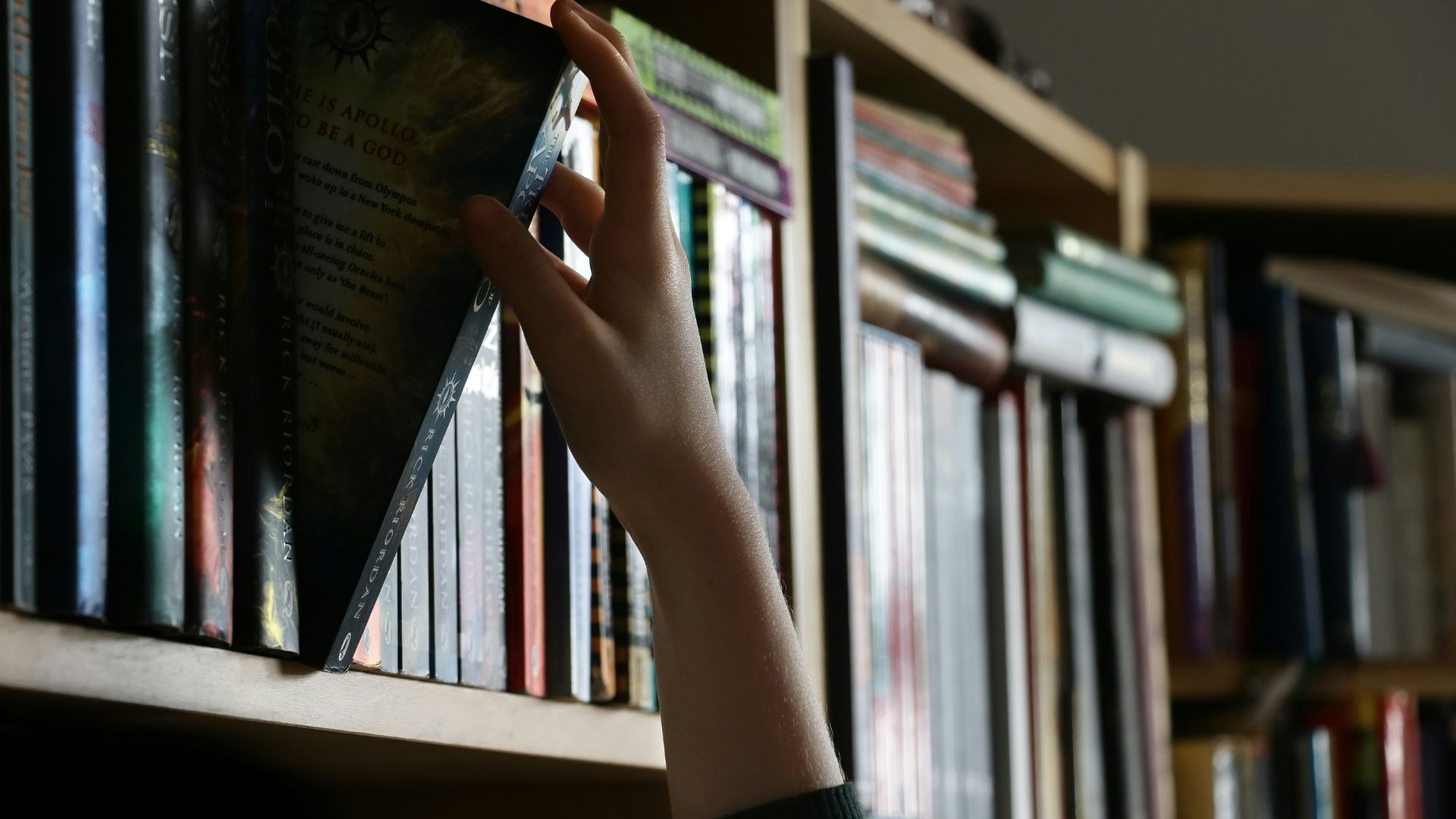
Miles also expressed concerns about “soft censorship,” where librarians might hesitate to acquire books featuring diverse content due to fear of controversy.
This could lead to a reduction in the availability of books that represent a wide range of experiences and perspectives.
Guidance for Librarians Needed
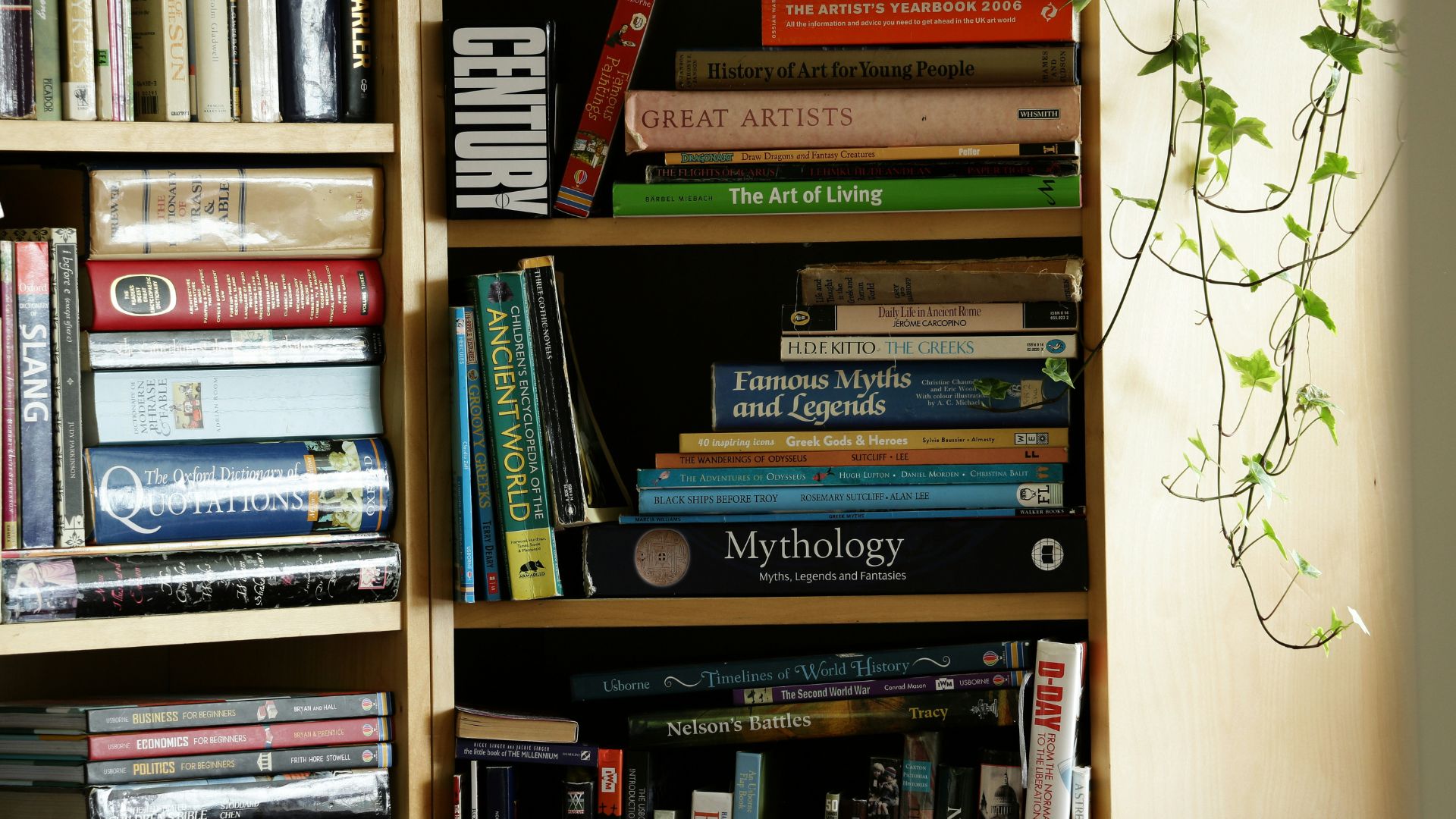
With the implementation of the new book ban, librarians are left without clear guidelines on how to adapt their purchasing strategies.
This uncertainty complicates their role and could potentially alter the diversity and richness of library collections.
Future of Educational Materials in Doubt

Tayler Simon, founder of Liberation is Lit, raised concerns about the limitations on materials related to sex education and safe relationship exploration.
This restriction could isolate students from learning about important aspects of personal development and societal interaction.
